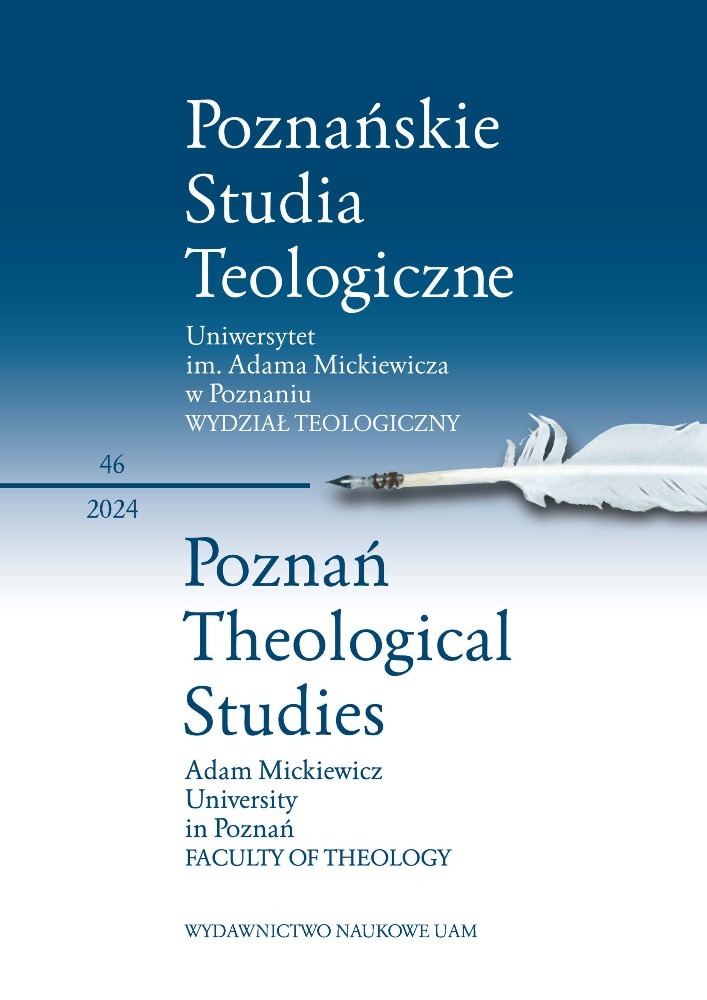Résumé
Thomas Morgan was one of the eighteenth-century British deists. He started as an orthodox Christian, but soon steered toward Arianism rejecting along the way the inspired character of the Bible, making it a book filled with fabrications. He rejected the divine status of Christ and the belief that He died to atone for the sins of humanity. In the matter of religion, he relied only on reason accepting natural religion and considering Christianity to be only one version of it. In his rationalism, he constantly referred to the rule of fitness never making it clear what is its meaning and, curiously, he ultimately based the inerrancy of reason on the inspiration the reason obtains directly from God, which altogether invalidates his entire criticism of Christianity. Calling himself a Christian deist, but he only shared with Christianity physico-theology, that is, the proof of God from the design of the world.
Références
Berg Jan van den, A forgotten Christian deist: Thomas Morgan, New York: Routledge 2021. DOI: https://doi.org/10.4324/9781003167389
Chandler Samuel, Sermon preached to the Societies for Reformation of Manners, London: John Oswald 1738.
Clark[e] Samuel, A demonstration of the being and attributes of God, London: Will. Botham 1705.
Clark[e] Samuel, Discourse concerning the unchangeable obligations of natural religion, London: William Botham 1706.
Felton Henry, The Christian faith asserted against deists, Arians, Socinians in eight sermons, Oxford: The Theater 1732.
Fleming William, The vocabulary of philosophy, London: Richard Griffin and Co. 1858.
Gill John, The moral nature and the fitness of things considered, London: Aaron Ward 1738.
Humphreys A.R., “The eternal fitness of things”: an aspect of eighteenth-century thought, “The Modern Language Review” 42 (1947), pp. 188–198. DOI: https://doi.org/10.2307/3717223
Irwin Terence, The development of ethics, New York: Oxford University Press 2008.
Lechler Gotthard Victor, Geschichte des englischen Deismus, Stuttgart: J.G. Cotta’sche Verlag 1841.
Leland John, The divine authority of the Old and New Testament asserted, London: T. Tegg and Son 1837 [1739–1740].
Lucci Diego, Scripture and deism: The Biblical criticism of the eighteenth-century British deists, Bern: Peter Lang 2008.
Morgan, Thomas, A collection of tracts … occasion’d by the late Trinitarian controversy, London: John Osborn and Tho. Longman 1726.
Morgan Thomas, A letter to Mr. Thomas Chubb; occasioned by his two letters to a frien, London: J. Osborn and T. Longman 1727.
[Morgan, Thomas], Philalethes, The moral philosopher, in a dialogue between Philalethes, a Christian Deist, and Theophanes a Christian Jew, London: Charles Ackers 17382
[1737, vol. 1]; London: 1739, vol. 2; London 1740, vol. 3.
Morgan Tho[mas], Philosophical principles of medicine, London: J. Osborn and T. Longman 1730 [1725].
Morgan, T[homas], Physico-theology, or a philosophico-moral disquisition concerning human nature, free agency, moral government, divine providence, London: T. Cox 1741.
Morgan T[homas], The mechanical practice of physick, London: T. Woodward 1735.
M[organ], T[homas], The questions and confession of faith, in: Nicholas Billingsley, A sermon preach’d at the ordination of Mr. Thomas Morgan … With Mr. Morgan’s confession of faith, London: John Clark 1717, pp. 51–65.
Morgan Thomas, Vindication of the Moral Philosopher, against the false accusations, insults, and personal abuses of Samuel Chandler, London: T. Cox 1741.
Price Richard, A review of the principal questions and difficulties in morals, London: A. Millar 1758.
Sayous Édouard, Les déistes anglais et le christianisme principalement depuis Toland jusqu’a Chubb (1696–1738), Paris: G. Fischbacher 1882.
[Watts Isaac], Self-love and vertue reconciled only by religion, London: Richard Hett 1739.
Williams Robert, A Biographical dictionary of eminent Welshmen, Llandovery: William Rees 1852.
Licence
© Adam Drozdek 2024

Ce travail est disponible sous licence Creative Commons Attribution - Pas d'Utilisation Commerciale - Pas de Modification 4.0 International.

